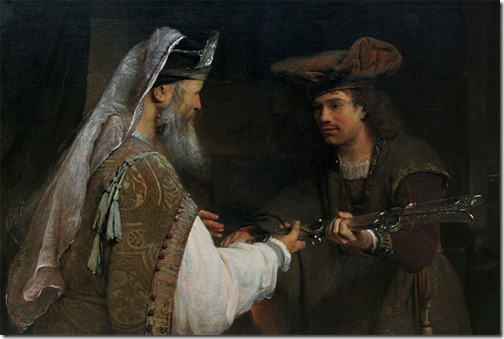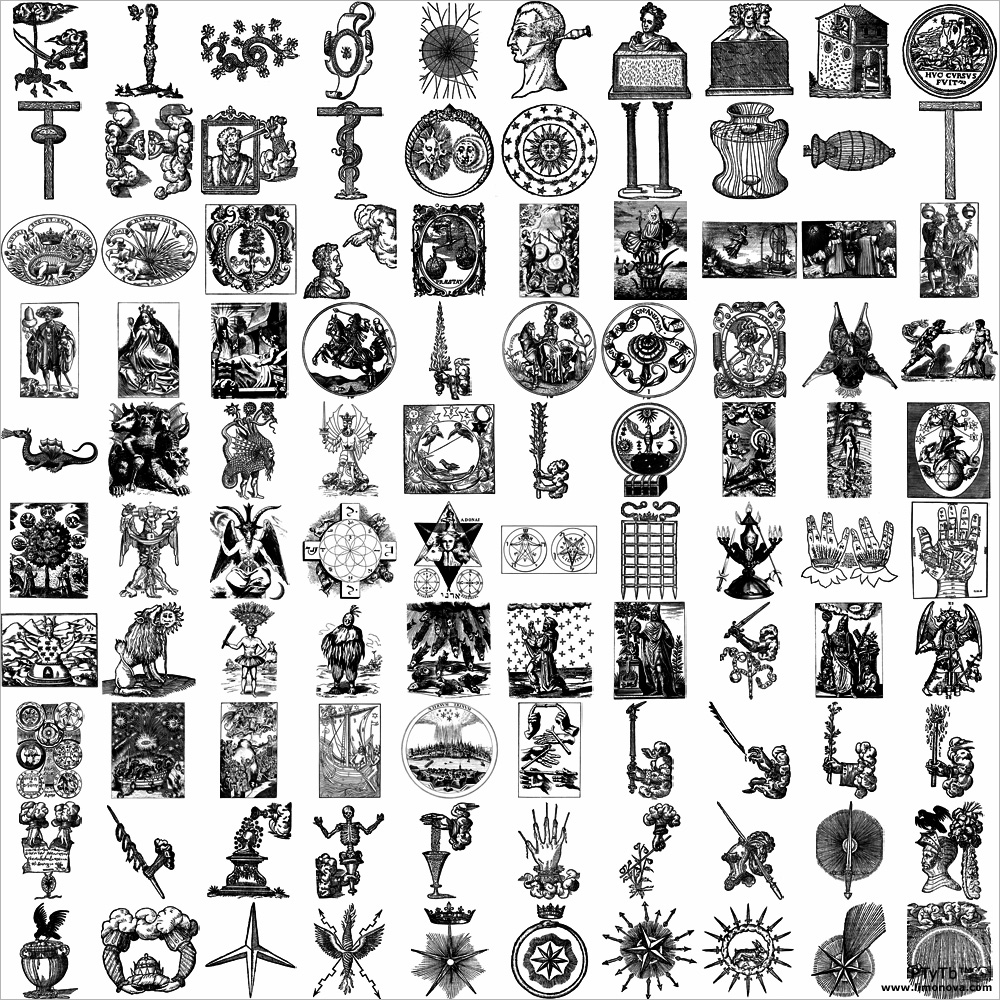Having made himself perfect master of these precepts, and particularly of the last, the Insinuator is next to turn his attention to those persons whom he may admit or ought to reject. He is not to admit into the Order either Pagans or Jews; but he is equally to reject all religious; and above all to shun the Ex-Jesuits as he would the plague. Ordens geistliche dürfen nie aufgenommen werden, und die Ex-Jesuiten soll man wie die pest fliehen. 6
The cause of such exclusions is obvious. To speak of religion, and admit, without any precaution, Jews, Turks, and Pagans, would be too open a
p. 417
manifestation of what their religion was; and not to reject religious, would be exposing themselves to be betrayed by their own adepts.
Unless they gave evident signs of a sincere amendment, all indiscreet talkers were to be rejected; and also those men whose pride, or headstrong, interested, and inconstant minds denoted that it would be impossible to infuse into them that zeal so necessary for the order; all those again, whose drunken excesses might injure that reputation of virtue which the Order was to acquire; all those, in short, whose meanness and grossness of manners would render them too untractable to give hope for their ever becoming pliant and useful. 7
“Leave those brutes, those clownish and thickheaded fellows!” he exclaims in his Chapter on Exclusions; but, though he excluded these thickheaded fellows, Weishaupt was aware that there existed a good sort of being which some might call stupid, but who are not to be told so, as advantage may be taken of their stupidity. Such were, for example, a Baron D’Ert, and many others, who holding a certain rank in the world, though destitute of common sense, have at least their riches to recommend them. “These are a good sort of beings,” says our illuminizing legislator; “they are necessary beings. They augment our number and fill our coffers, augent numerum et ærarium. Courage then! and make these gentry swallow the bait; but beware of communicating to them our secrets; For this species of adept must always be persuaded that the degree they are in is the highest. 8
Indeed, there is a sort of half exclusion for princes. The Code ordains that they shall seldom be admitted, and even when they are, shall scarcely ever rise beyond the degree of Scotch Knight; or, in other words, they are never to pass the threshold of the mysteries. Hereafter we shall see the Legislator finding an expedient for introducing them beyond that degree, but still without giving them any further insight into the mysteries; 9 and being particularly careful to hide from them certain laws of the Order. 10
I cannot take upon myself to say, whether a similar expedient had been found as an exception to the general rule which excluded women; but it is certain, that this law was, during a long time at least, only provisional; and many of the brethren sought to revoke it. Freemasonry had its female adepts, and the Illuminees wished to have theirs. The plan is written in Zwack‘s own hand-writing, and he was the most intimate friend and confidant of Weishaupt, in short, his incomparable man. It is couched in the following terms:
“Plan for an Order of Women.—This Order shall be subdivided into two classes, each forming a separate society, and having a different secret. The first shall be composed of virtuous women; the second, of the wild, the giddy, and the voluptuous, auschveifenden.
“Both classes are to be ignorant that they are under the direction of men. The two superiors are to be persuaded that they are under a mother Lodge of the same sex, which transmits its orders; though in reality these orders are to be transmitted by men.
“The Brethren who are intrusted with this superintendance shall forward their instructions without making themselves known. They shall conduct the
p. 418
first, by promoting the reading of good books, but shall form the latter to the arts of secretly gratifying their passions, durch begnügung ihrer leidenschaften im verborgenen.”
A preliminary discourse prefixed to this plan points out the object and future services of these illuminized sisters. “The advantages which the real Order would reap from this female Order would be, first, the money which the sisterhood would pay at their initiation; and, secondly, a heavy tax upon their curiosity, under the supposition of secrets that are to be learned. And this association might moreover serve to gratify those brethren who had a turn for sensual pleasure.” 11

Moe is the founder of GnosticWarrior.com. He is a father, husband, author, martial arts black belt, and an expert in Gnosticism, the occult, and esotericism.

![That there was in her monastery a brother, on whom a gift of song was bestowed by Heaven [680 A.D.] | Book 4 | Chapter 24 That there was in her monastery a brother, on whom a gift of song was bestowed by Heaven [680 A.D.] | Book 4 | Chapter 24](https://www.gnosticwarrior.com/wp-content/plugins/contextual-related-posts/default.png)






